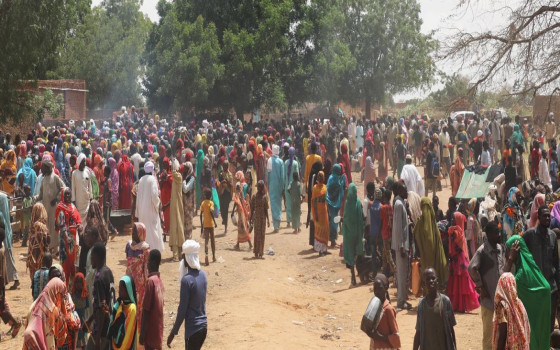
After the fall of El Fasher, the threat of Sudan's partition resurfaces in a country already suffering from civil war and competing international and regional interests. Accusations were exchanged between the Emirati and Sudanese representatives at the Security Council

- Europe and Arabs
- Friday , 31 October 2025 10:17 AM GMT
Khartoum – New York: Europe and the Arab World
The UN Security Council held a meeting to discuss the situation in Sudan following the escalation of violence in El Fasher, North Darfur, after the Rapid Support Forces (RSF) seized control of the city. Members heard briefings from two UN officials before holding closed consultations, during which the Secretary-General's Personal Envoy to Sudan addressed the Council. The UN Independent International Fact-Finding Mission on Sudan also presented its report to the General Assembly.
In a press statement, the Security Council members expressed their deep concern over the escalating violence in and around El Fasher, North Darfur.
They condemned the RSF attack on El Fasher and its devastating impact on the civilian population. They urged all member states to refrain from external interference aimed at fueling conflict and instability, to support efforts for lasting peace, to uphold their obligations under international law, and to implement relevant Security Council resolutions.
According to the UN daily news bulletin, the Sudanese ambassador requested a response to the UAE's permanent representative's statement during the session, saying, "There is no civil war in Sudan; rather, it is a war of aggression waged by the UAE through its regional proxy, the Rapid Support Forces." He questioned, "How can a representative of a country whose hands are stained with the blood of innocents in Sudan be allowed to address this esteemed Council as if it were a nation concerned with peace and stability?"
Al-Harith stated, "The mere fact that this representative speaks about the situation in Sudan, as if Sudan were under the guardianship of the Abu Dhabi government, is an insult to the Security Council." He added, "It has become common knowledge that the Abu Dhabi regime has played, and continues to play, the most dangerous role in the aggression against Sudan."
He further questioned, "How can a country speak of peace in this hall while it fills Sudanese airspace with aircraft and ammunition, sending them to those who kill women and children?"
The Emirati ambassador responded to the Sudanese ambassador's accusations, saying, "It is absurd for one of the warring parties to continue politicizing this forum by spreading baseless and false allegations. This party is directly responsible for the destruction of its own country and has a long history of obstructing peace efforts and refusing to agree to an immediate ceasefire."
He stated that the Sudanese Armed Forces seized power in 2021 in a coup, along with their then-partner, the Rapid Support Forces. He added: “Since then, the Sudanese Armed Forces have sabotaged every credible peace effort. Their intransigence has led to the catastrophe we are witnessing today.”
Abu Shahab said: “No speech delivered in this chamber by a representative of one of the warring factions can conceal their identity or their true nature. The world must speak to the Sudanese civilians, not to their oppressors.”
For his part, the Russian Ambassador to the United Nations, Vassily Nebenzia, expressed concern over reports of widespread human rights violations, stating that violence against civilians, especially when perpetrated with ethnic motivations, is unacceptable.
He added that “the atrocities committed by the rebels against the civilian population in El Fasher, and the images circulating online, are shocking,” and pointed to “similar atrocities” that had previously occurred in El Geneina and Gezira in Sudan.
Following these incidents, Nebenzia said that members of the Council should have no doubt that such practices could be repeated in other areas outside the control of the Sudanese government. He pointed to reports of an increase in the number of foreign fighters within the Rapid Support Forces (RSF), including those from regions far from Sudan.
For her part, US Ambassador to the UN Dorothy Shea said that the RSF and its allies "committed genocide," adding that their systematic killing of men and boys, "even infants, and their deliberate targeting of women and children with rape and other forms of brutal sexual violence" were ethnically motivated.
She said the United States condemns "these heinous atrocities in the strongest possible terms" and stressed the need to hold those responsible accountable, including through sanctions.
Shea added that it was time to update the sanctions list against Sudan, adding that the Security Council should use all available tools to facilitate peace in the country. According to European media reports, following the Rapid Support Forces' capture of El Fasher, the capital of North Darfur state, the future of Sudan—once considered the largest country in the Arab world and its breadbasket—is now at stake. The specter of partition looms in the west of the country, reminiscent of South Sudan's secession in 2011. A report by the Brussels-based European news network Euronews stated, "The fall of El Fasher, the last major regional stronghold to remain outside the Rapid Support Forces' control, represents a pivotal geopolitical shift. It is not merely a change in the military balance of power on the ground, but a de facto declaration of Darfur's complete break from the central government in Khartoum, marking the beginning of a new phase toward de facto secession. This victory grants the Rapid Support Forces vital access to the borders with Chad and Libya, where groups are fighting on their behalf, securing continuous supply lines for weapons and fuel, and consolidating their control over gold mines and the informal trade networks that finance their operations." Observers believe this shift cannot be fully understood. Apart from the historical context of the successive crises that have torn apart Sudan, a country that was once one of the largest producers of gold, and where wars have pushed more than 24 million people – according to estimates by the Under-Secretary-General for Humanitarian Affairs before the Security Council – to the brink of famine, unable to obtain their daily sustenance.


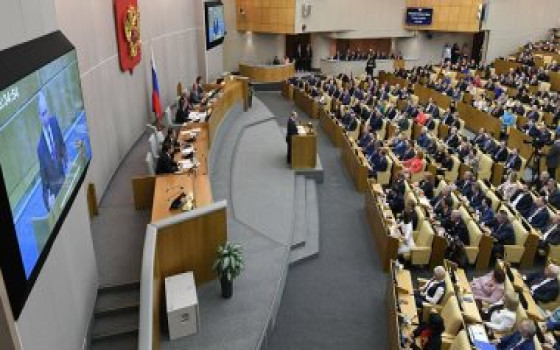
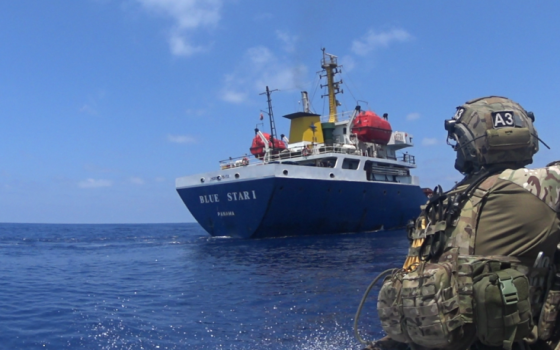
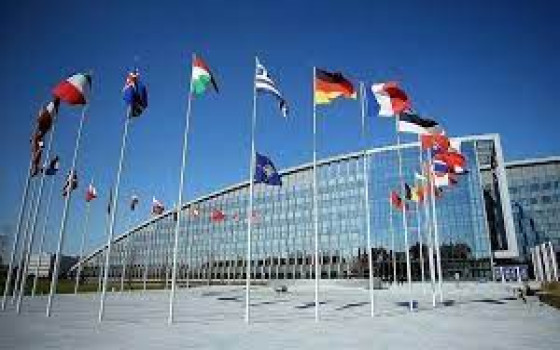
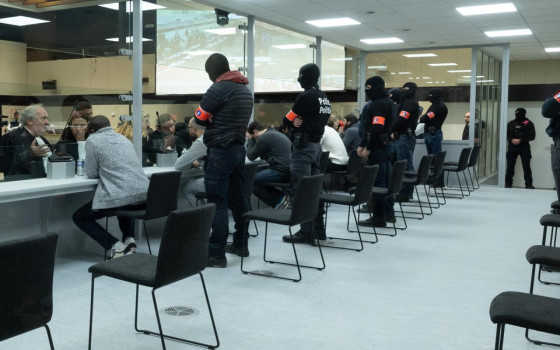
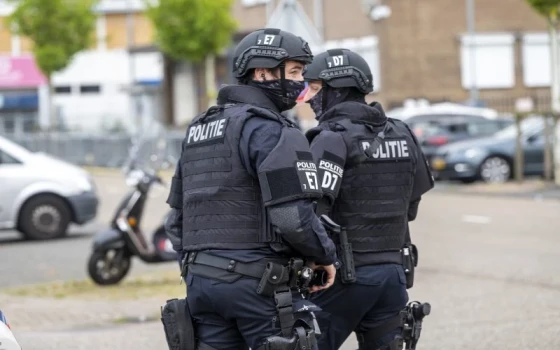
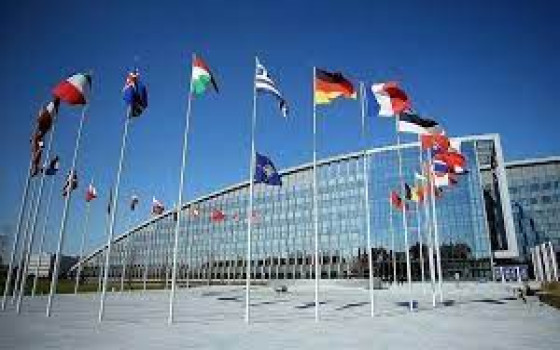
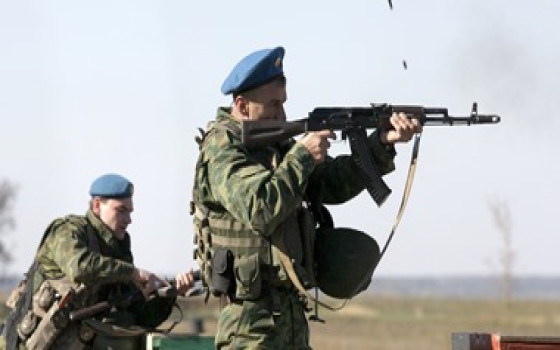
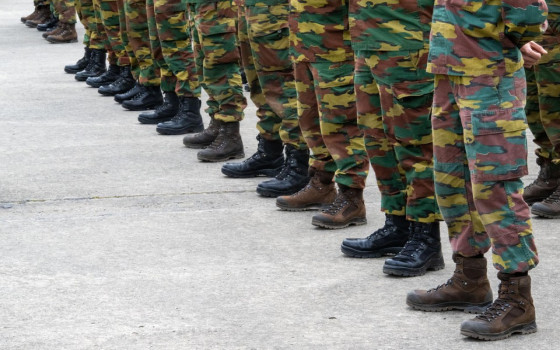

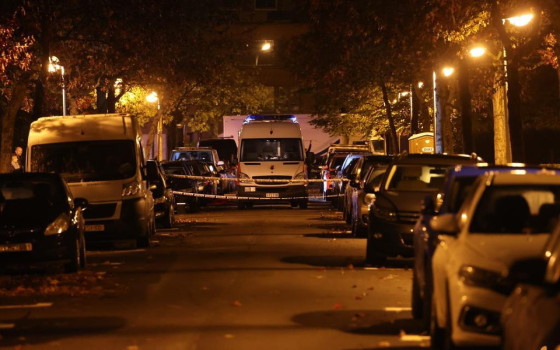
No Comments Found